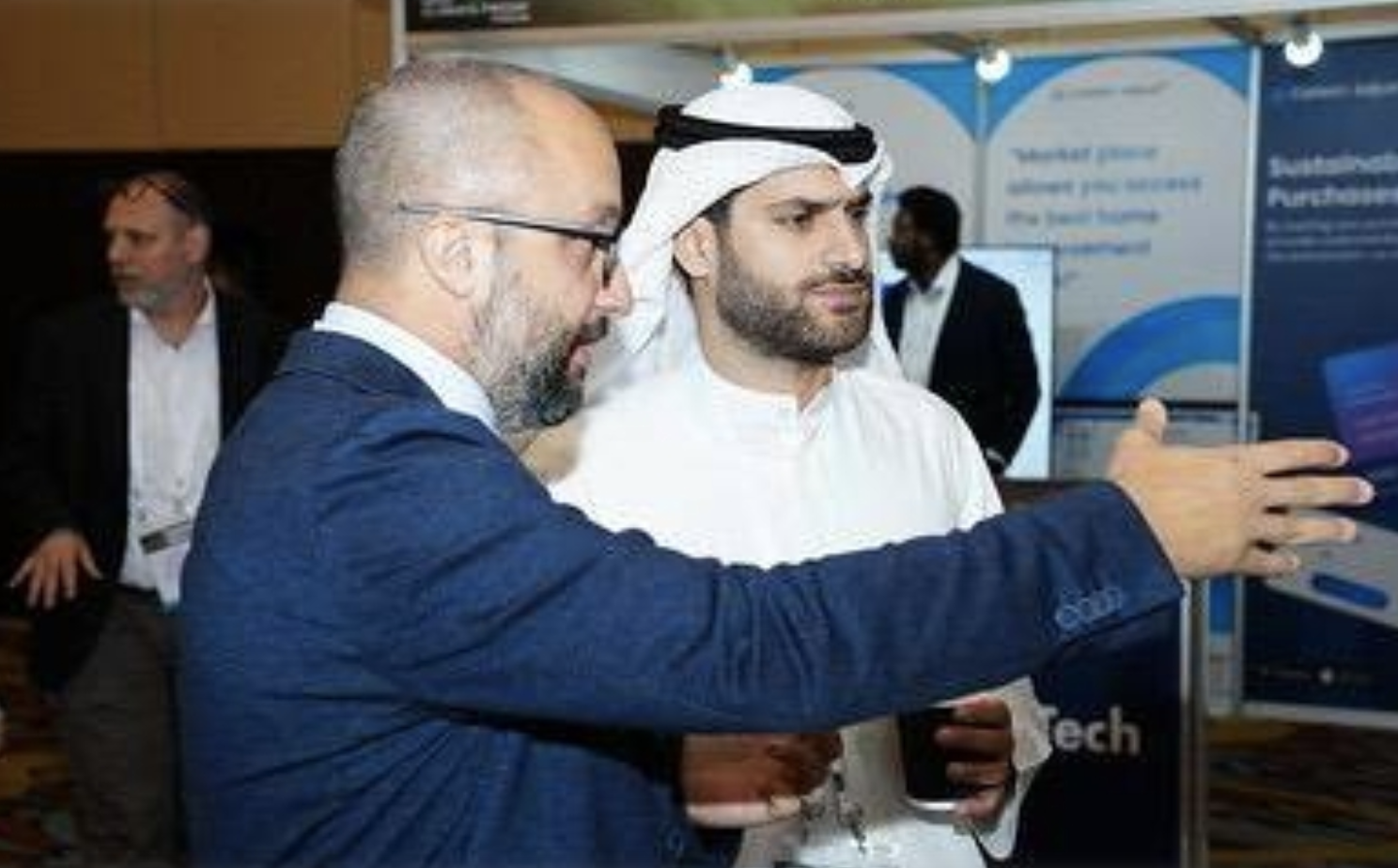
International cooperation for studying seasons and climate changes
Director of the AlOjeiri Scientific Center, Youssef AlOjeiri stated that "the center is collaborating with international organizations and entities concerned with weather and atmospheric observation in a project to study seasons and the resulting climate changes." He noted that “the center participated in the Climate Change Conference in Dubai last week, where Kuwaiti expertise in the field of astronomy was showcased, along with the center's specialized application and the information it contains regarding monitoring tides, the state of the sun, the moon, astronomical phenomena, and public engagement in this regard.”
AlOjeiri, in a press statement, mentioned that "the changes occurring in seasons, which were historically given various names by Arabs and astronomers, now need to be re-examined and linked to recent changes, especially with observations of higher temperature increases, the early arrival of seasons, and other seasonal shifts."
He explained that “during the center’s participation in the climate conference, some research and studies on temperature, conducted in collaboration with the Swiss organization MeteoBlue, were presented, showing a noticeable increase in temperatures compared to previous years.”
AlOjeiri praised "the efforts and cooperation with government entities in spreading and enhancing the knowledge of astronomy, particularly in supporting university students in observing planets and stars, which recently led to the discovery of a new asteroid." He indicated that “the center will hold a discussion session on the discovery in the coming days and honor the students.”
He noted that "the center issued a special edition of the AlOjeiri calendar for university students, which includes information and data on astronomy, stars, astronomical phenomena, and seasons, as well as lunar phases, timings, and expected temperatures." He added that “the students' calendar also contains a set of astronomical guidelines and data that Kuwait continues to be distinguished by in the scientific, cultural, and heritage domains.”



